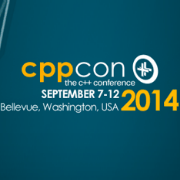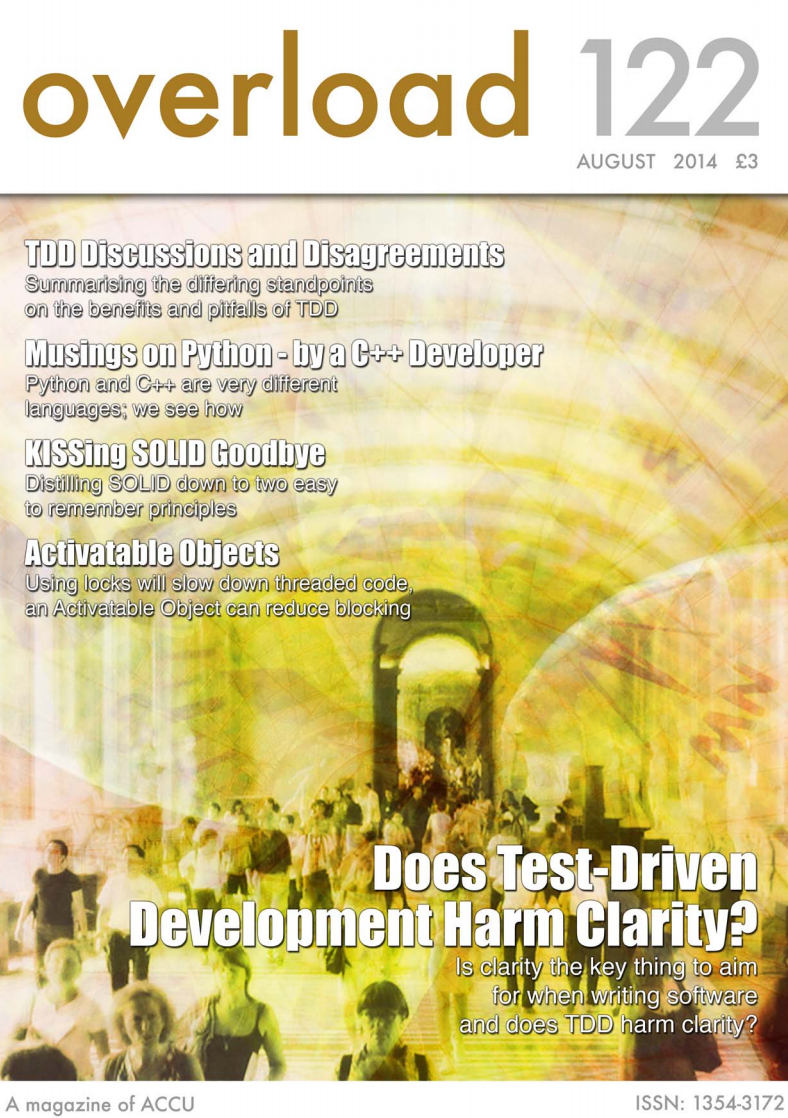CppCon 2014 Volunteers Wanted -- by Boris Kolpackov
Especially if you're local to the Seattle area, this is a great way for students and others to be part of CppCon.
CppCon 2014 Volunteers Wanted
by Boris Kolpackov
Of course if you're a student you also have the option of the discounted Student registrations that let you attend the whole thing without the distraction of occasionally holding up signs and untangling A/V cords -- some Student registrations are still available. But there's also fun in being part of running things.
From the announcement:
If you would like to attend CppCon 2014, see great C++ content, and meet our speakers and attendees, but a week’s registration doesn’t fit your time or money budget, consider volunteering.
We are looking for volunteers to help run the conference. We need people to help assemble registration packets and badges, register attendees, assist speakers with Audio/Video, and in general be on hand to make things run smoothly. In exchange, we’ll see to it that you’ll spend at least half of your time in sessions. It would be great if you could join us for the whole week, but if you can only make it for one or two days, we can work with that. This is a particularly great opportunity for local students with an interest in C++. If you are interested or would like more information, please email [email protected].

 The
The  Much of the CppCon content is outside session hours, including lightning talks. Details announced today on cppcon.org:
Much of the CppCon content is outside session hours, including lightning talks. Details announced today on cppcon.org: Overload 122 is now available. It contains the following C++-related articles, and more:
Overload 122 is now available. It contains the following C++-related articles, and more:
 Today CppCon announced information about the evening sessions -- and, if you read closely, about early-daytime sessions.
Today CppCon announced information about the evening sessions -- and, if you read closely, about early-daytime sessions.